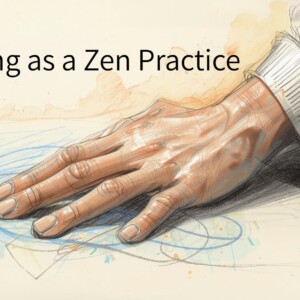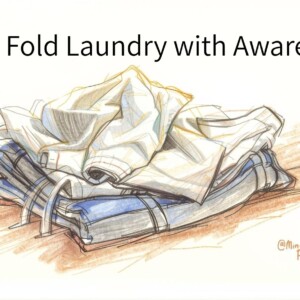
Zen and Personal Finance: Less Is More
In a society that often equates success with accumulation—more money, more possessions, more status—Zen offers a radically different perspective: less is more. Rooted in simplicity, presence, and non-attachment, Zen and personal finance come together to reveal a path not just to financial well-being, but to deeper peace and clarity.
In this article, we explore how Zen wisdom can guide your relationship with money, help you align your spending with your values, and show that true wealth lies not in what you have, but in how you live.
The Zen Philosophy of Simplicity
At the heart of Zen is the principle of minimalism—not as a trend, but as a spiritual orientation toward life. Zen invites us to strip away what is unnecessary so we can see and appreciate what truly matters.
“To know you have enough is to be rich.” — Lao Tzu
This mindset translates powerfully into the realm of personal finance: spending less, needing less, and living more fully with what you already have.
1. Spend with Awareness
Zen teaches us to be fully present with each action. The same applies to money. Mindless spending leads to clutter and regret, while conscious spending supports freedom and purpose.
Mindful Finance Practice:
Before any purchase, pause and ask:
-
Do I really need this?
-
Does this align with my values?
-
Will this bring lasting benefit—or momentary relief?
Intentionality transforms consumption into a conscious choice, not a reactive habit.
2. Embrace “Enough”
In Zen, contentment doesn’t come from getting more—it comes from wanting less.
By defining what “enough” means for you, you step out of the cycle of comparison and into a life of sufficiency.
This applies to:
-
Income and savings
-
Housing and lifestyle
-
Time and possessions
“The greatest wealth is to live simply with a peaceful heart.” — Zen Proverb
3. Reduce Financial Clutter
Just as a Zen room is open and uncluttered, your financial life can benefit from simplicity:
-
Cancel unused subscriptions
-
Consolidate accounts
-
Automate savings
-
Declutter paperwork and digital finance tools
When your finances are clear and organized, your mind becomes quieter, too.
4. Detach from Identity and Money
Zen reminds us: you are not your net worth.
Money is a tool—not a reflection of your value or identity. Letting go of attachment to money helps you make wiser decisions based on actual needs, not fear or ego.
Instead of chasing more, focus on what brings clarity, generosity, and peace of mind.
5. Practice Generosity, Not Excess
One of the deepest Zen teachings is that true abundance is found in giving.
When you manage your money wisely, you create room for generosity—to others, to causes you care about, and to your future self.
Generosity softens greed and cultivates gratitude.
Final Thought: Simplicity Is True Wealth
Zen and personal finance are both practices of awareness. The more present you are with your spending, saving, and earning, the more aligned your life becomes.
In a culture that says “more is better,” Zen gently whispers:
“Less is more.”
Spend mindfully. Save intentionally. Live simply.
And discover that your true wealth was never in your wallet—it was in your awareness all along.
🌿 Want to go deeper into Zen and mindful living?
Explore ZEN for LIFE — a gentle guide to bringing presence, simplicity, and calm into your everyday routine.
Now available on Kindle.
#ZENforLIFE #MindfulLiving #EverydayZen









この記事へのコメントはありません。